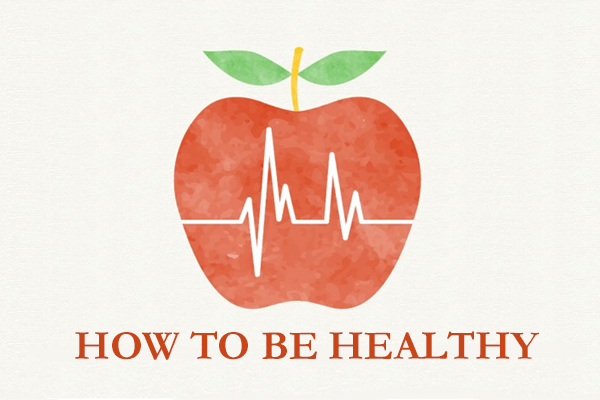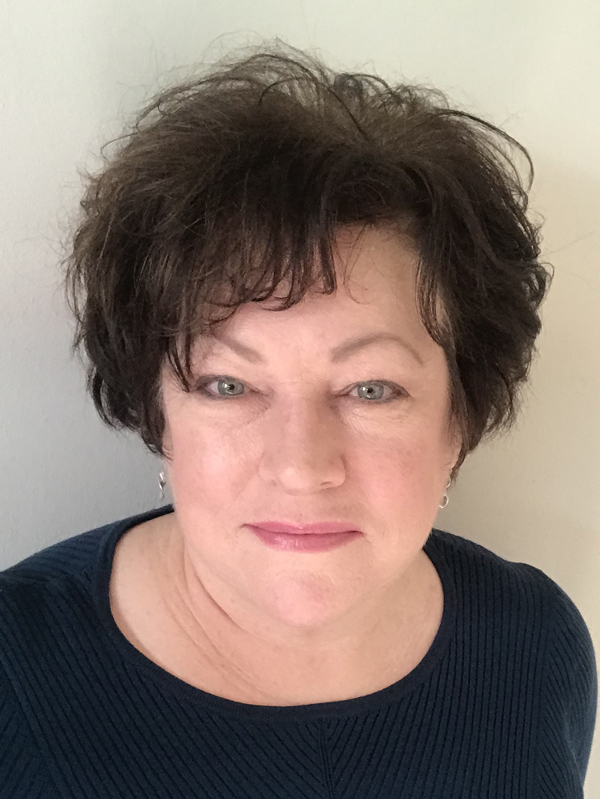How to Be Healthy: Supression Isn’t Cure

Our love affair with convenience culture extends to a reliance on convenience ‘cures’ for minor complaints. In the first article of a new series, The Ecologist’s Health Editor Pat Thomas says that self-medication isn’t the same as self-help.
Achieving ‘good health’ is one of the single biggest preoccupations in modern society. But if pressed, most of us would struggle to define exactly what ‘good health’ is. At a pinch, we would probably define it by the absence or of major or even minor debilities. Yet clearly, good health is more than this; for if it was simply a matter of a well-behaved body, how is it that some individuals – for instance those dying of cancer – often report feeling a profound sense of wellbeing?
Nevertheless, most of us now and again experience troublesome symptoms – such as headaches, insomnia, digestive problems, respiratory and skin troubles and being susceptible to every ‘bug’ that is going around – that we fight off in a bid to stay healthy. Vague health complaints are becoming increasingly common, and many of us now consider them part of the ‘normal’ human condition. Indeed it is clear that in spite of our increased longevity, a growing number of people in their prime report a lack of vitality and a variety of uncomfortable symptoms that they cannot pin down or get rid of.
According to US health expert Jeffrey Bland PhD, such people are suffering from ‘vertical ill health’; not sick enough to take to their beds (and become horizontally ill) but lacking essential vitality and a sense of wellbeing.
While no one can expect to be symptom-free 100 per cent of the time, banishing these health niggles has become the mainstay of the £2 billion over-the-counter (OTC) drugs industry. During the past decade, more and more drugs have come off the prescription list and become available off the shelf to provide quick relief. The government’s enthusiasm for self-medication has a single purpose: to relieve the pressure on overworked physicians who have little time for consultations and little to offer those suffering from chronic sub-clinical health complaints.
The trend for self-medication is actively sold to the public as a way of being in control of their own health, yet most people who self-medicate are just an extension of the GP or the pharmacist, practising the same magic bullet paradigm that causes ongoing health problems in the first place.
At least 95 per cent of illnesses are self-limiting. In other words, they will heal by themselves and do not require any intervention. In many cases, suppressing symptoms by taking an OTC medication can actually make things worse because it never really tackles the cause of the problem.
A more sensible approach recognises that many of the symptoms we often associate with illness are really the body’s attempts to get well and to regain a state of homeostasis, or balance. Good examples of this process abound in our experience of common conditions such as fever, coughs and inflammation. For example, fever is uncomfortable but it is not a disease process, it is the body’s attempt to kill off invading bacteria and viruses. Coughing is not a disease process. It is the body’s attempt to get rid of excess mucus. Inflammation in a joint or around a wound is the body’s way of protecting the injured part while the process of repair takes place. Likewise, a skin rash is seldom a disease process but often the body’s way of ridding itself of toxins (the skin is the major excretory organ in the body).
Unfortunately, in Western society today, most people get their information about their bodies and about health matters via the mass media, and the mass media has a lot to answer for in terms of the way we define wellness. First of all, our media suffers from an almost incurable disease itself – expert-itis. Whether writing about conventional medicine or alternatives, the media tendency is to ignore context and uncritically reproduce everything that any so-called health expert has to say. This can often lead to the passing on of incomplete, contradictory or simply wrong information. It can also reinforce the idea that others know more about your health than you do and that your body is somehow… wrong. Few people are aware of the hidden agenda in most health reporting: of the multi-million-pound PR machinery that drip-feeds the media with self-serving information on the importance of drugs to relieve symptoms.
In this way we are educated about health and have learned that we must free ourselves from our troublesome bodies. So we wage war, buying more and more stuff – to try to quiet the body and make it behave, make it run full tilt 24/7 – and forgetting that prevention is perhaps the most important part of any ‘Good health’ is a very individual thing, the result of efforts in several directions at once cure. Indeed, studies suggest that healthy people consistently behave in ways that are conducive to good health. These include aiming for balanced nutrition, taking regular exercise, knowing when to take a break, not voluntarily poisoning the body with chemical toxins, pursuing spirituality, paying attention to and taking responsibility for their feelings and actions and by building and maintaining strong social support.
The conventional approach to healthcare also encourages the ‘patient’ to switch off and leave everything to the experts. Unfortunately it is very difficult to make sensible choices about your health when you are ‘switched off’.
In the following months, our new health series will encourage readers to ditch the unnecessary drugs; to become confident in understanding and treating minor ailments by themselves in simple ways; and to understand how their bodies function and how they can work with the body rather than against it.
The truth is that ‘good health’ is a very individual thing. It is the result of efforts in several directions at once; it’s also more of a journey than a destination. Nobody feels whole and content every part of every day. Indeed, some would go so far as to say that without illness, and the impact that it can have on our lives, good health has no meaning at all.
Sidebar: Get Well Soon…
Of course, that’s what we all want. But consider the following before you reach for the pill
Be informed
Getting independent information on your condition and your choices for healing is vital. Wherever possible, get more than one opinion.
Consider more than one approach
A combination of more natural approaches rather than a combination of drugs may be effective. For instance, massage therapy such as Shiatsu can greatly enhance the balancing effects of nutritional or other biochemical approaches.
Ask ‘What’s in it?’
Refuse to be passive about the ‘stuff’ that you are taking or being offered. Always ask what’s in a particular remedy, what each of the ingredients does and what you can expect from it.
Give it time
Conventional medicine works, in the main, by suppressing symptoms. Complementary therapies work by addressing the cause and healing the whole body. This holistic process can take time and patience.
Less is more
The aim of any medicine should be to support the body’s own ability to heal and change, not to undermine it or do all the work for it; so the ‘hit it hard and fast’ approach may not be appropriate. Studies into some herbs, for instance, have shown that larger amounts do not always produce better or faster results than small regular doses.
Work with your body
Have some faith that your body can do what it is supposed to. It can often tell you what is wrong – physically and emotionally – if you can listen to it. Before you reach for any remedy, or run to any practitioner – conventional or alternative – spend a while ‘tuning in’ to your real needs. Simply doing less may relieve stress-related symptoms.
This article first appeared in the March 2007 edition of the Ecologist












